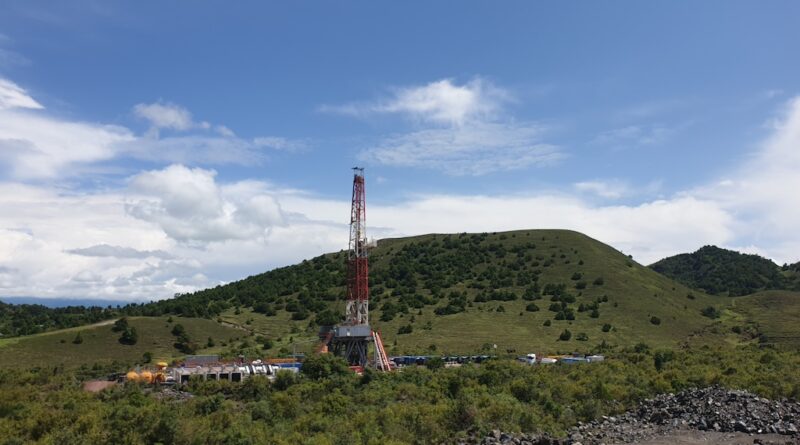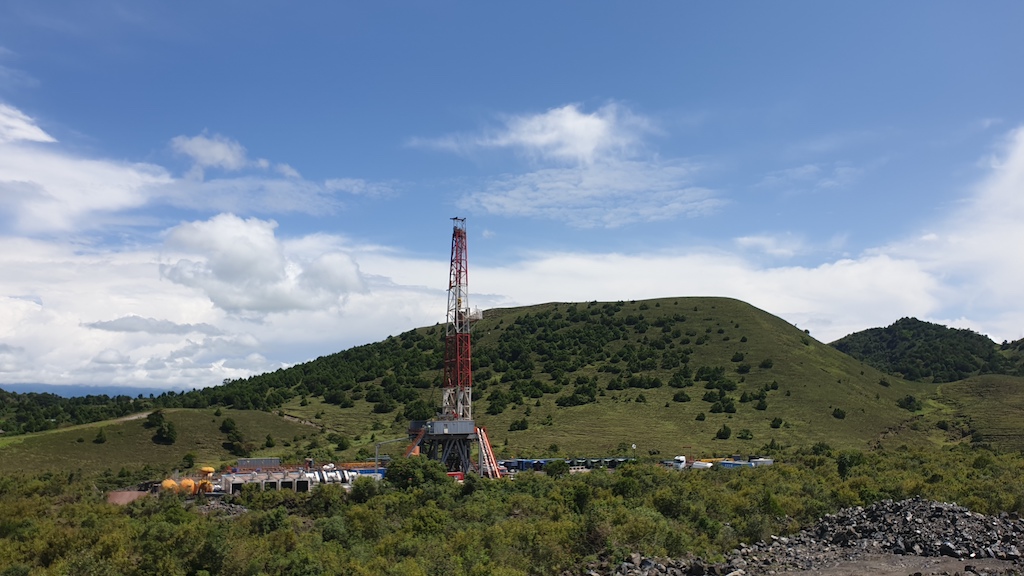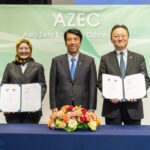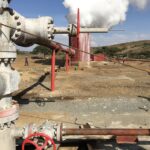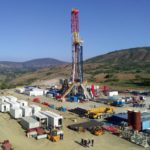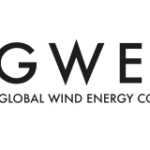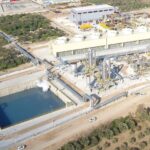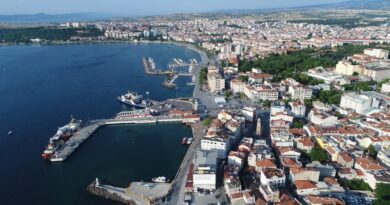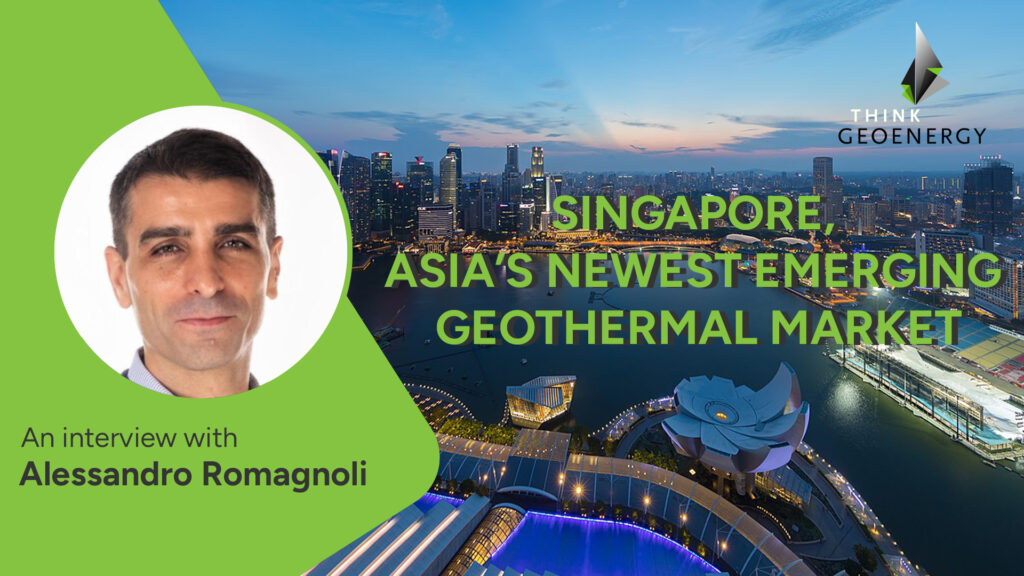MIGA, World Bank increases insurance coverage for Tulu Moye geothermal, Ethiopia
Energy Disrupter
MIGA under the World Bank has expanded the insurance coverage for the Tulu Moye geothermal project in Ethiopia, further mitigating project risks.
The Multilateral Investment Guarantee Agency of the World Bank (MIGA) has increased the guarantees issued to Tulu Moye SAS of France covering its equity and quasi-equity investments in Tulu Moye Geothermal Operations Plc of the Federal Democratic Republic of Ethiopia.
The original guarantees of $67.5 million were issued in 2021 for a period of up to 15 years against the risks of breach of contract, expropriation and war and civil disturbance, which have now been increased to $117 million, $49.5 million over the original amount.
MIGA also used the IDA Private Sector Window MIGA Guarantee Facility, which provides a shared first loss layer of up to $40.95 million, of which IDA’s share is $32.76 million.
The project consists of the design, development, construction, operation, and maintenance of Phase 1 of a planned 150-MW greenfield geothermal power plant in Oromia Regional State in Ethiopia. Power generated in Phase 1 will deliver up to 50 MW that will be sold to Ethiopian Electric Power, the state-owned utility, under a 25-year power purchase agreement.
This project will be one of the first geothermal independent power producers in Ethiopia. The second phase will involve the development of 100 MW over the next five years. Phase 1 is expected to be operational by the end of 2023. The MIGA guarantees cover activity for Phase 1 only. Drilling for the Tulu Moye geothermal project is well underway with drilling contracts signed with both KenGen and Marriott Drilling.
“MIGA is excited to support Ethiopia to diversify its energy production to ensure the country has reliable electricity sources to meet its development needs,” said Hiroshi Matano, Executive Vice President of MIGA. “Construction of the geothermal plant will also generate employment opportunities, benefiting the population from the inception of the project.”
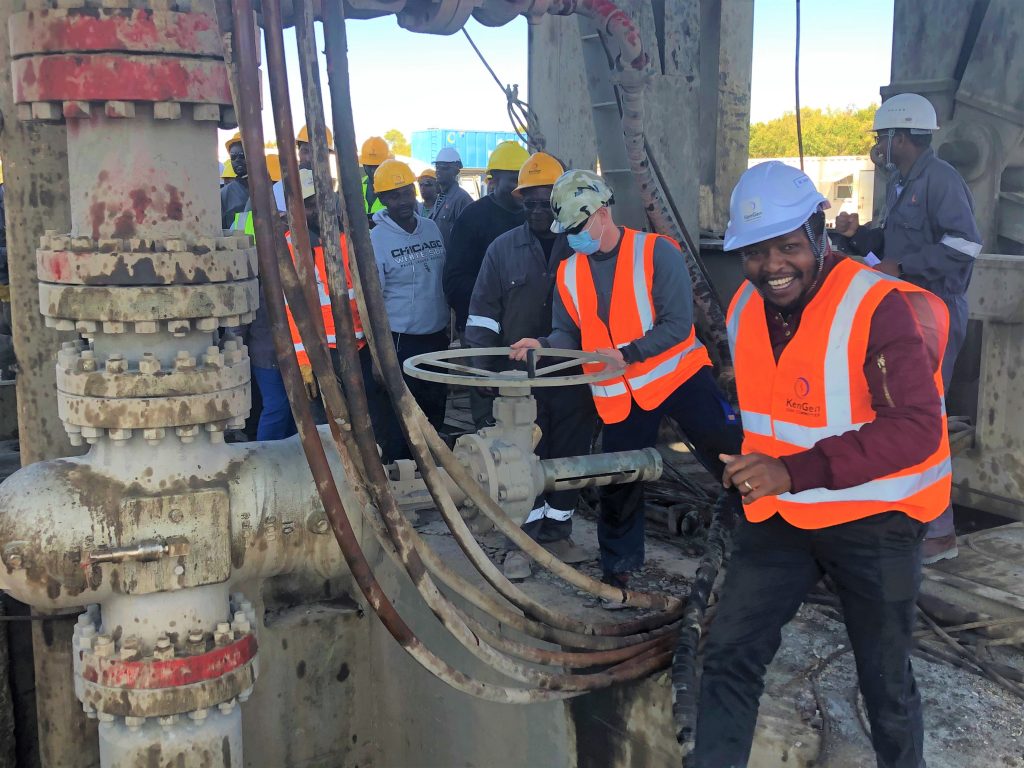
Towards a diversified renewable energy mix
Ethiopia is endowed with an abundance of hydropower capacity and is one of the few countries in Sub-Saharan Africa that generates nearly all its energy from renewable sources. Despite its significant clean energy reserves, Ethiopia’s energy sector is characterized by a large energy access deficit. The country’s over-reliance on hydropower makes its energy supply susceptible to droughts.
To diversify the energy mix away from hydropower, Ethiopia plans to gradually introduce alternative sources of energy such as solar, wind, and geothermal. The successful completion of the first geothermal plant will provide an alternative energy source and result in baseload energy production.
The project has been employing around 280 persons, of which about 13% are female. The workforce is housed in camps near the drilling and construction sites.
About MIGA
MIGA was created in 1988 as a member of the World Bank to promote foreign direct investment in emerging economies by helping to mitigate the risks of restrictions on currency conversion and transfer, breach of contract by governments, expropriation, and war and civil disturbance; and offering credit enhancement to private investors and lenders.
Since its creation, MIGA has issued over $76 billion in guarantees across 123 developing countries, supporting more than 1,000 projects. Over the past decade, MIGA’s guarantees have generated more than 156,000 jobs in developing countries.
Source: MIGA

